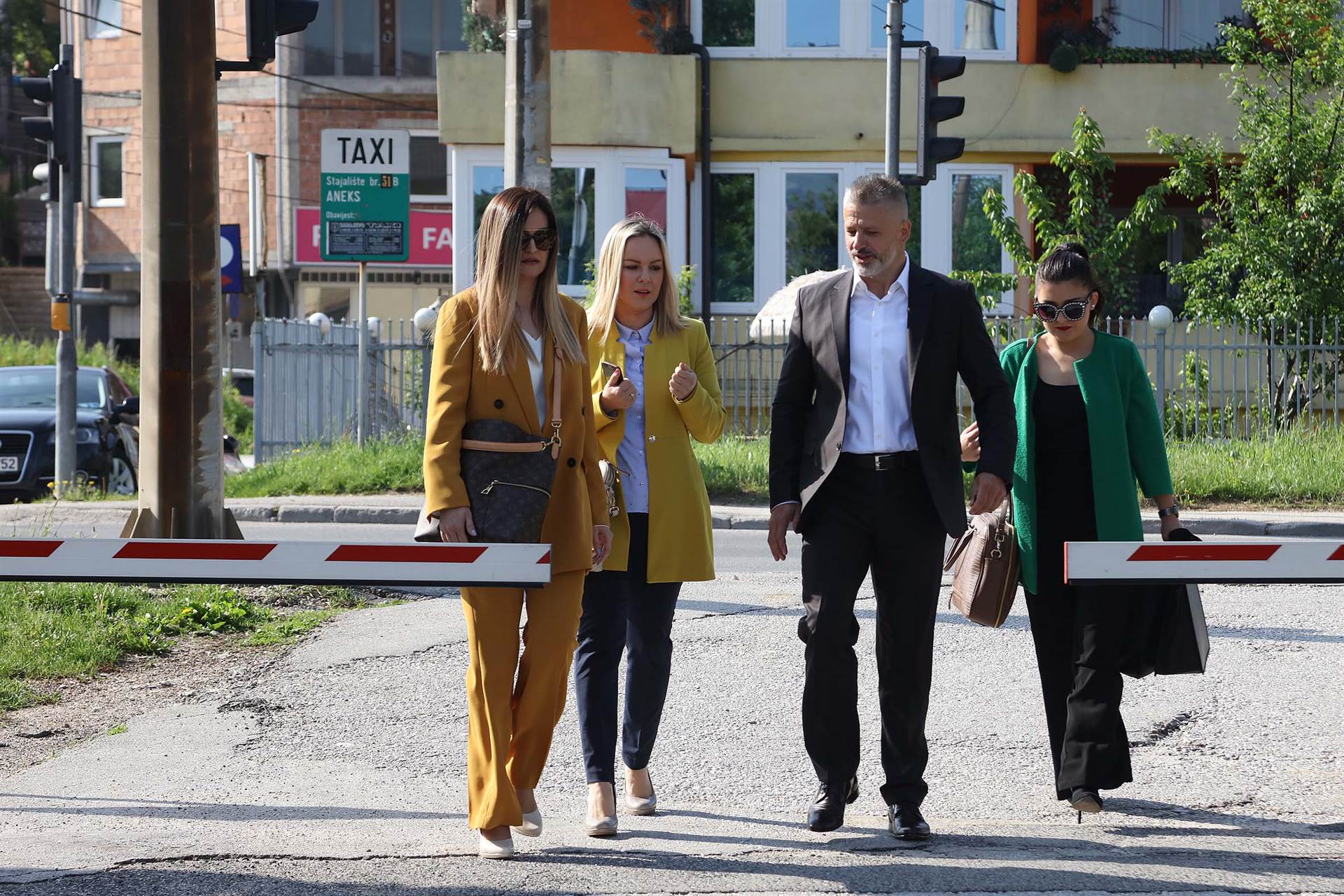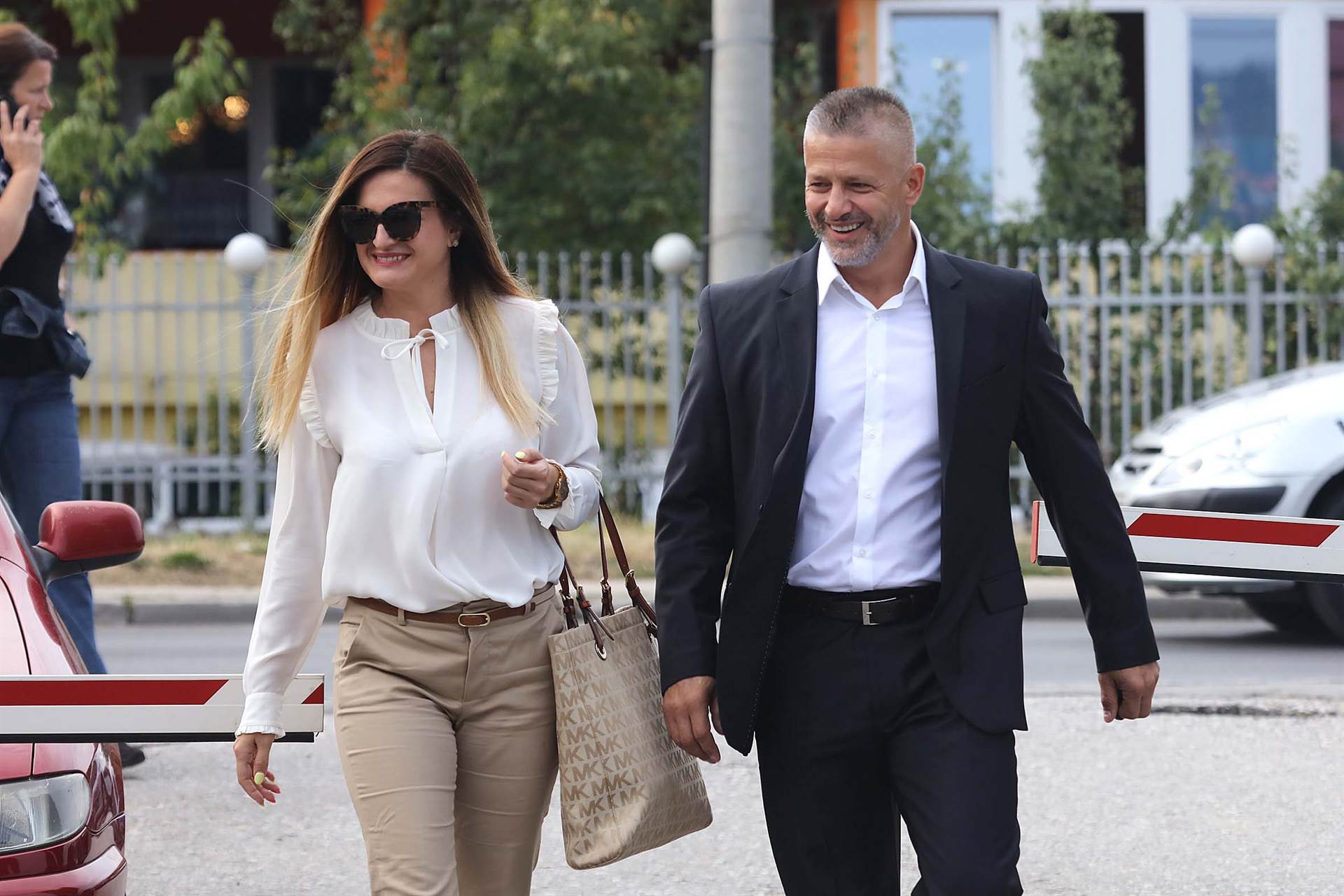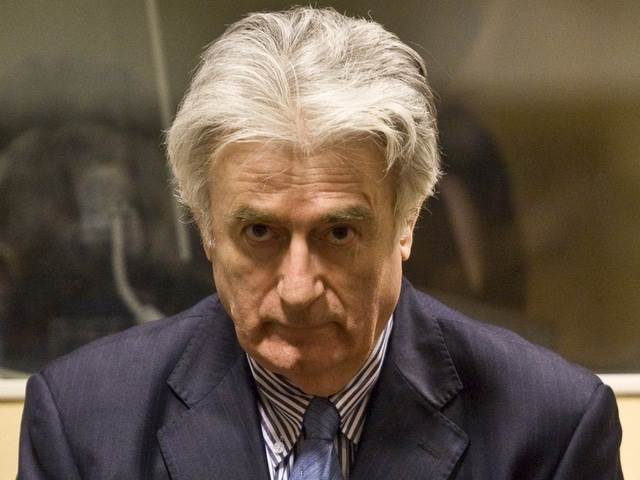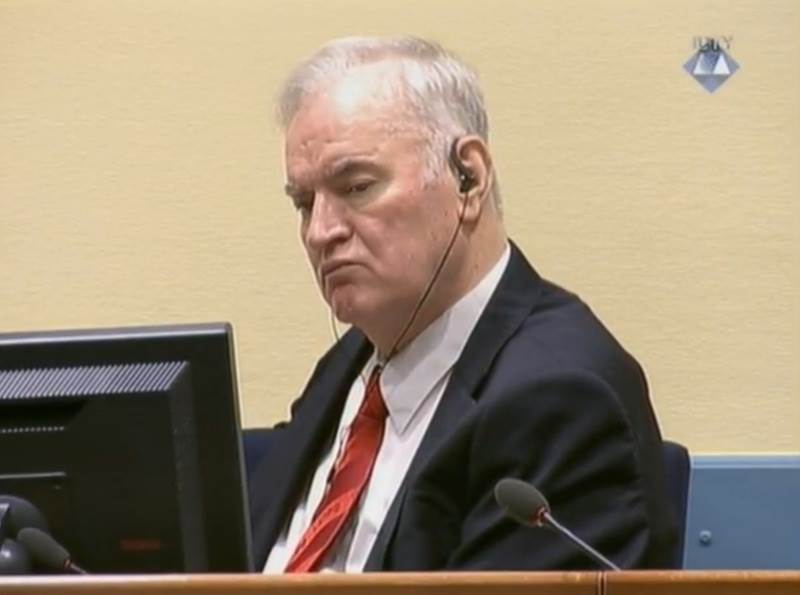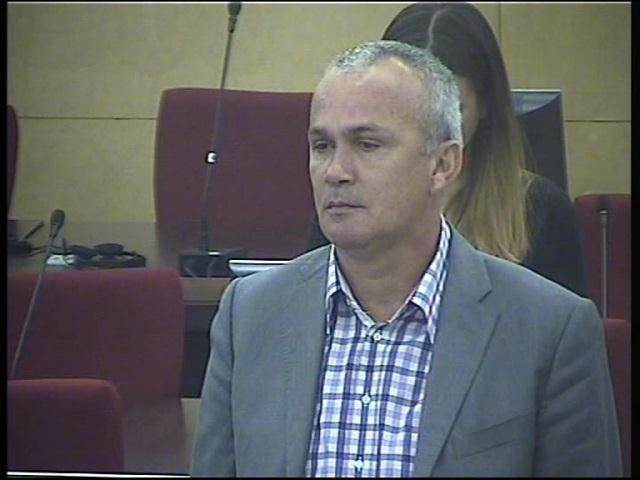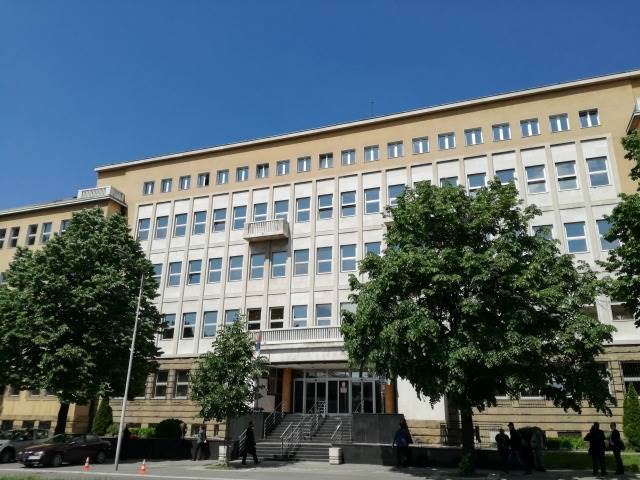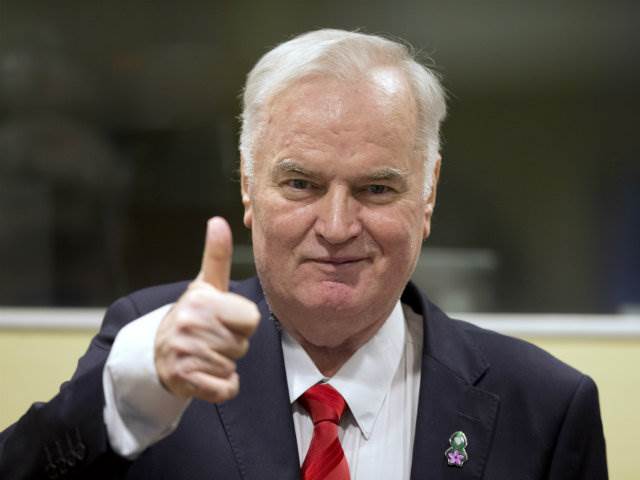The Bosnian state prosecution launched an appeal against the war crimes acquittal of the Bosnian Army’s former commander in Srebrenica, Naser Oric, who was cleared of killing Serb captives.
The Bosnian court will hear an appeal next month against the war crimes acquittal of the Bosnian Army’s former commander in Srebrenica, Naser Oric, who was cleared of killing Serb...
Two UK-based professors have asked to present an analysis carried out with artificial intelligence-inspired software of Radovan Karadzic’s alleged intent to commit genocide in Srebrenica at the former Bosnian Serb...
Appeals in the case against Bosnian Serb President Radovan Karadzic, who was convicted of genocide and crimes against humanity under a first-instance verdict, will be heard in late April.
The Hague Tribunal prosecution urged the UN court to reject Bosnian Serb military chief Ratko Mladic’s request to be released to Serbia to undergo medical treatment while his appeal against...
Former special police commander Goran Saric was acquitted of involvement in genocide in Srebrenica in 1995 as the court ruled he was not necessarily aware of the plan to murder...
Former Bosnian Serb Army chief Ratko Mladic’s defence asked the UN court to annul the verdict sentencing him to life imprisonment for genocide and other crimes because his mental faculties...
Belgrade Special Court delayed a hearing in its landmark Srebrenica war crimes trial, sparking an altercation between a Serb defendant and the Bosniak wife of one of the victims.
The conviction of Ratko Mladic was overdue justice, but the full reckoning with the Serbian political project that he took to its genocidal extreme is still nowhere to be found.
The UN court in The Hague convicted former Bosnian Serb military chief Ratko Mladic of the genocide of Bosniaks from Srebrenica, war crimes and crimes against humanity, and sentenced him...

